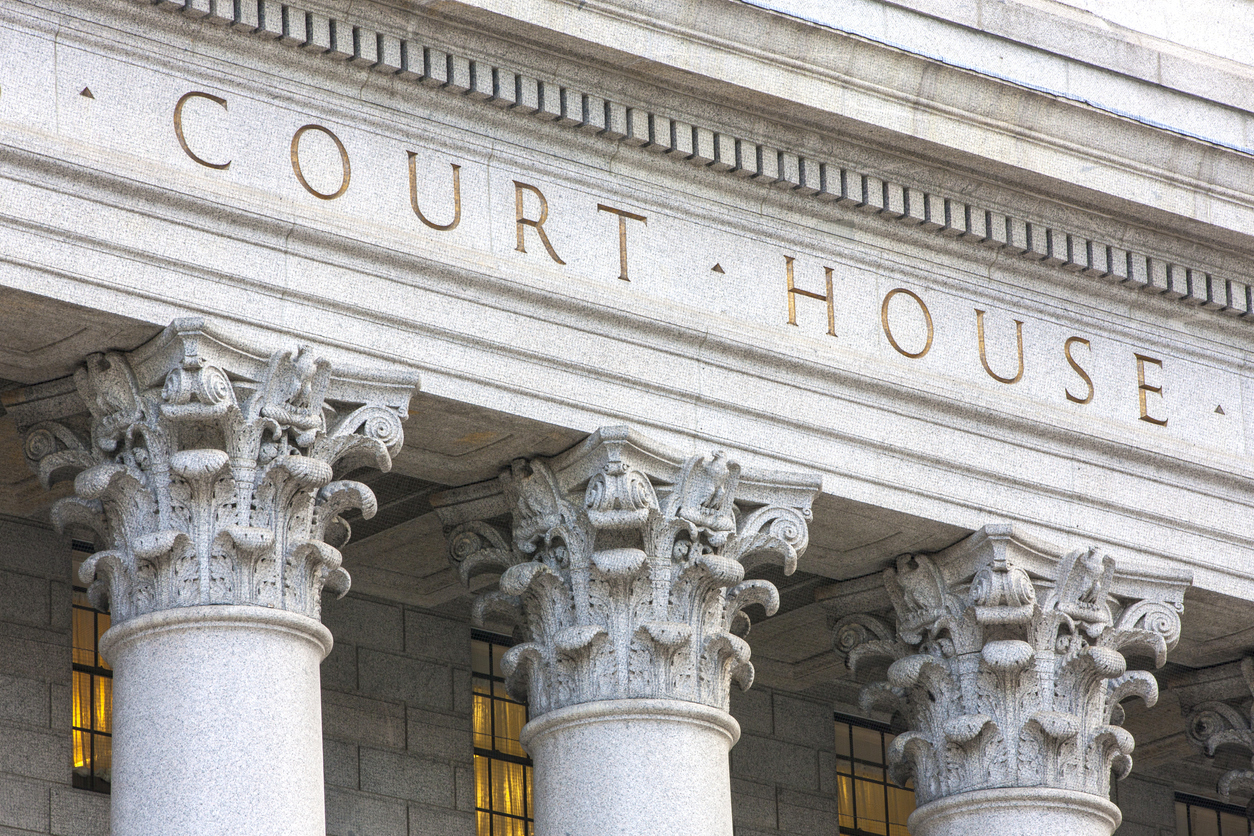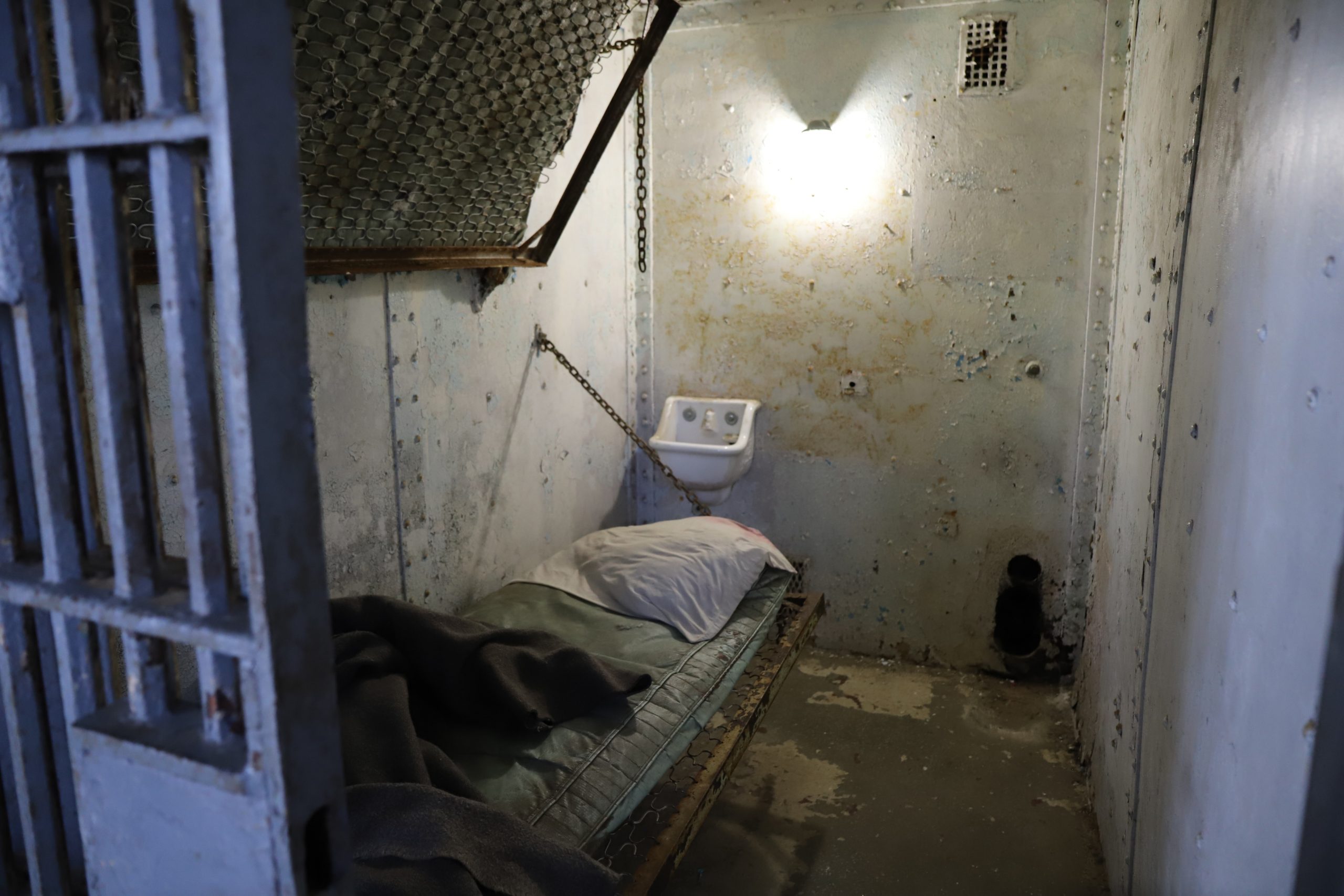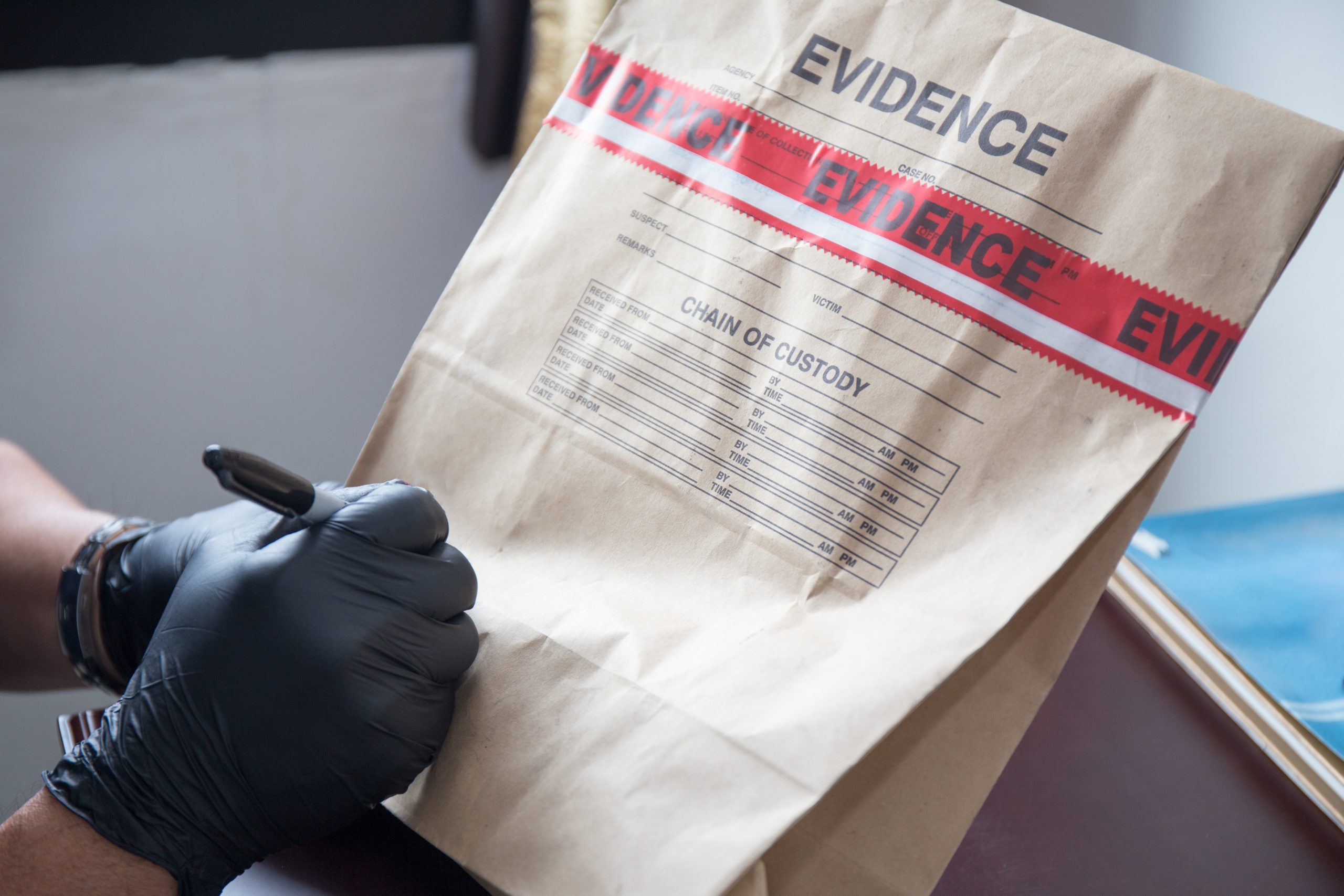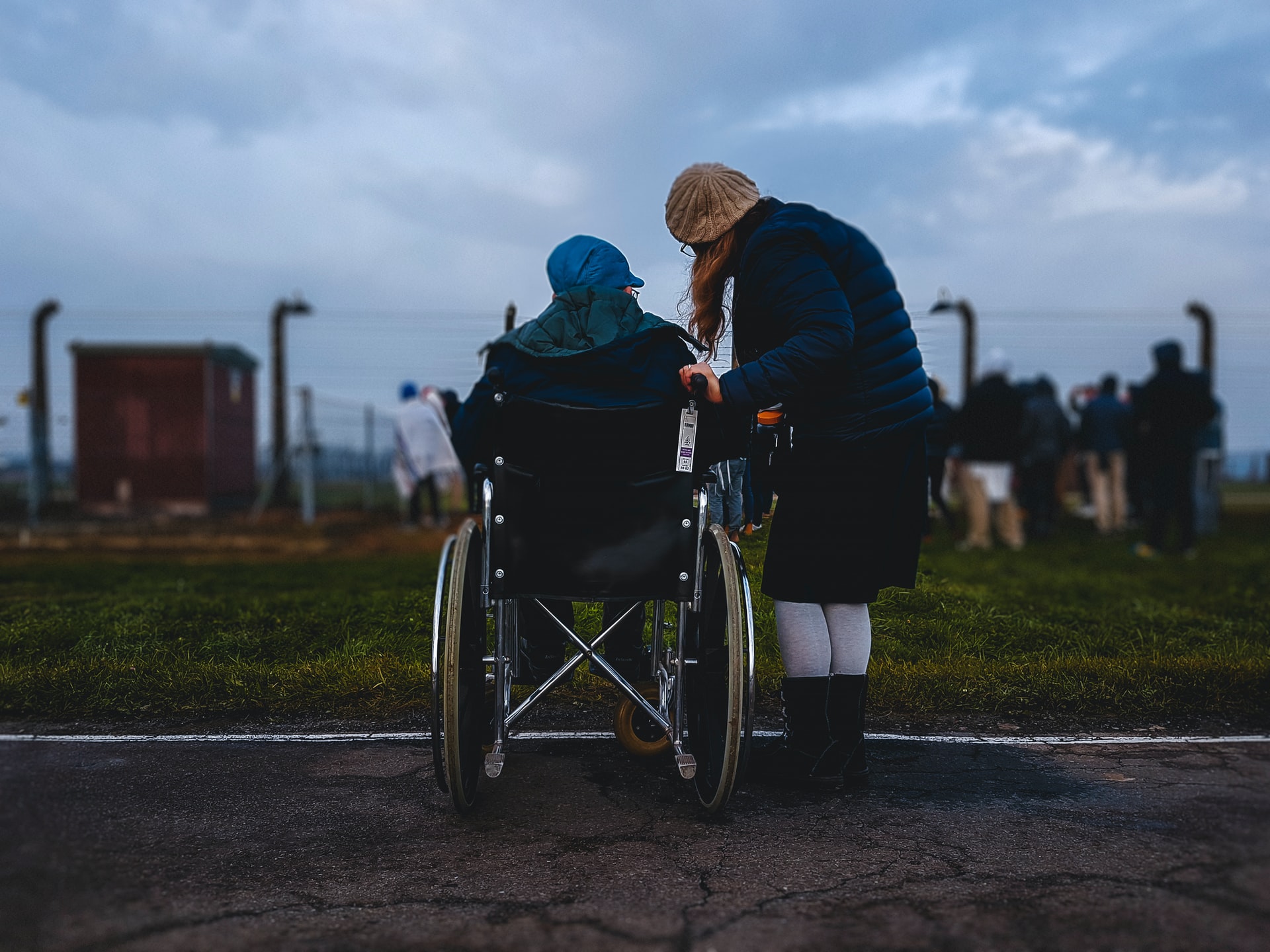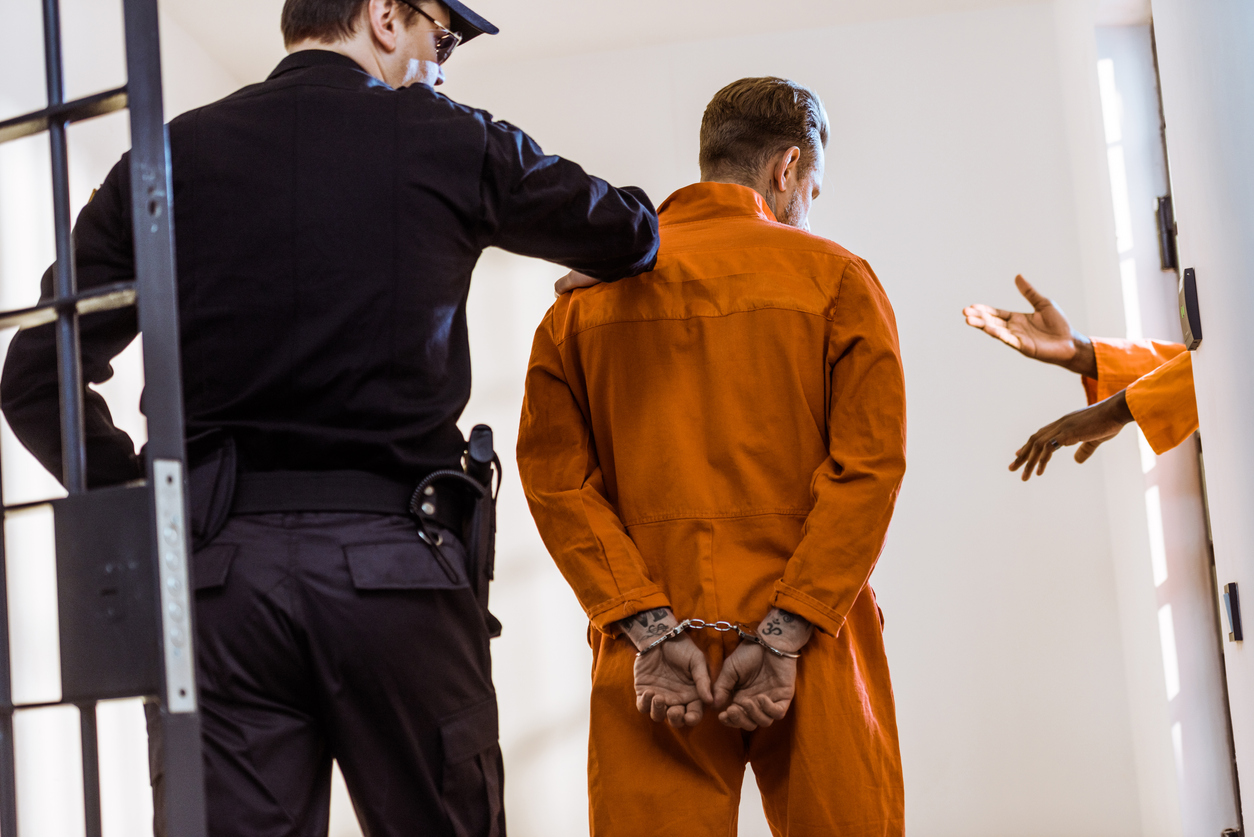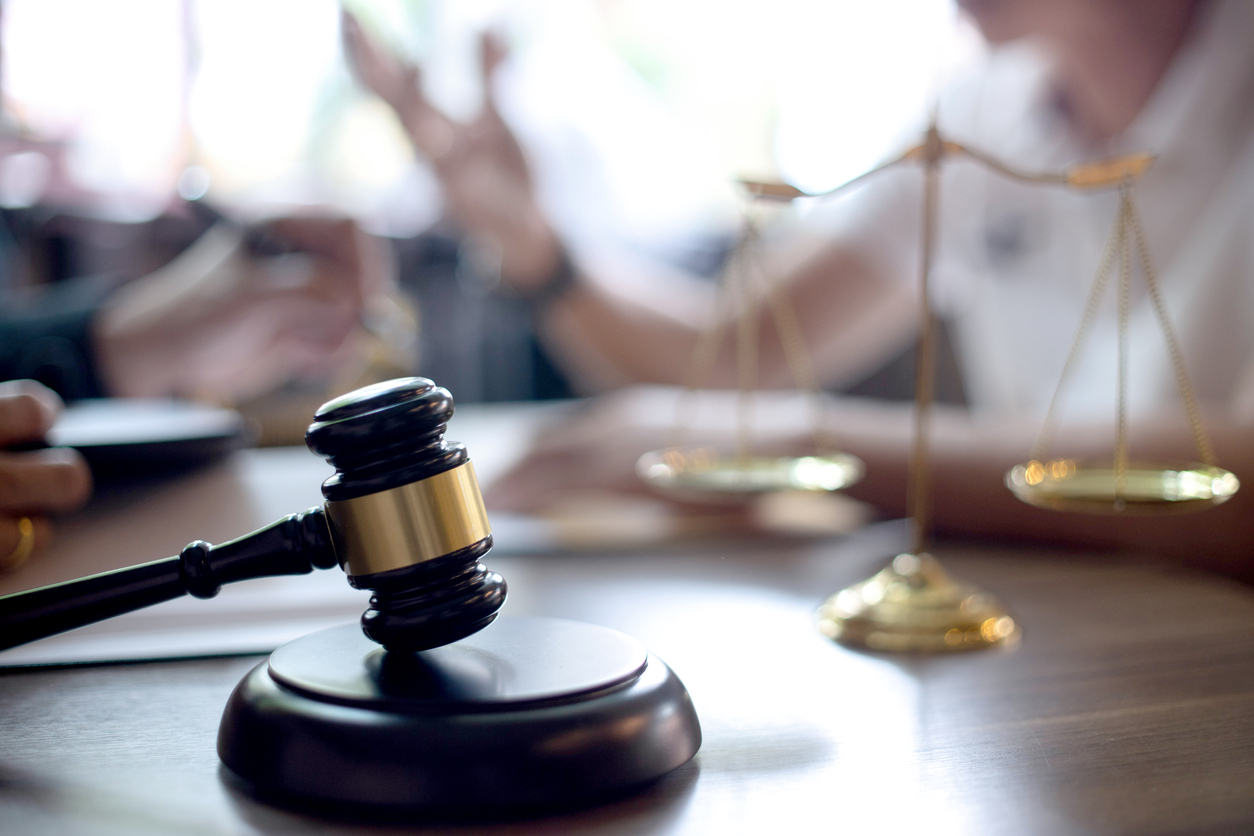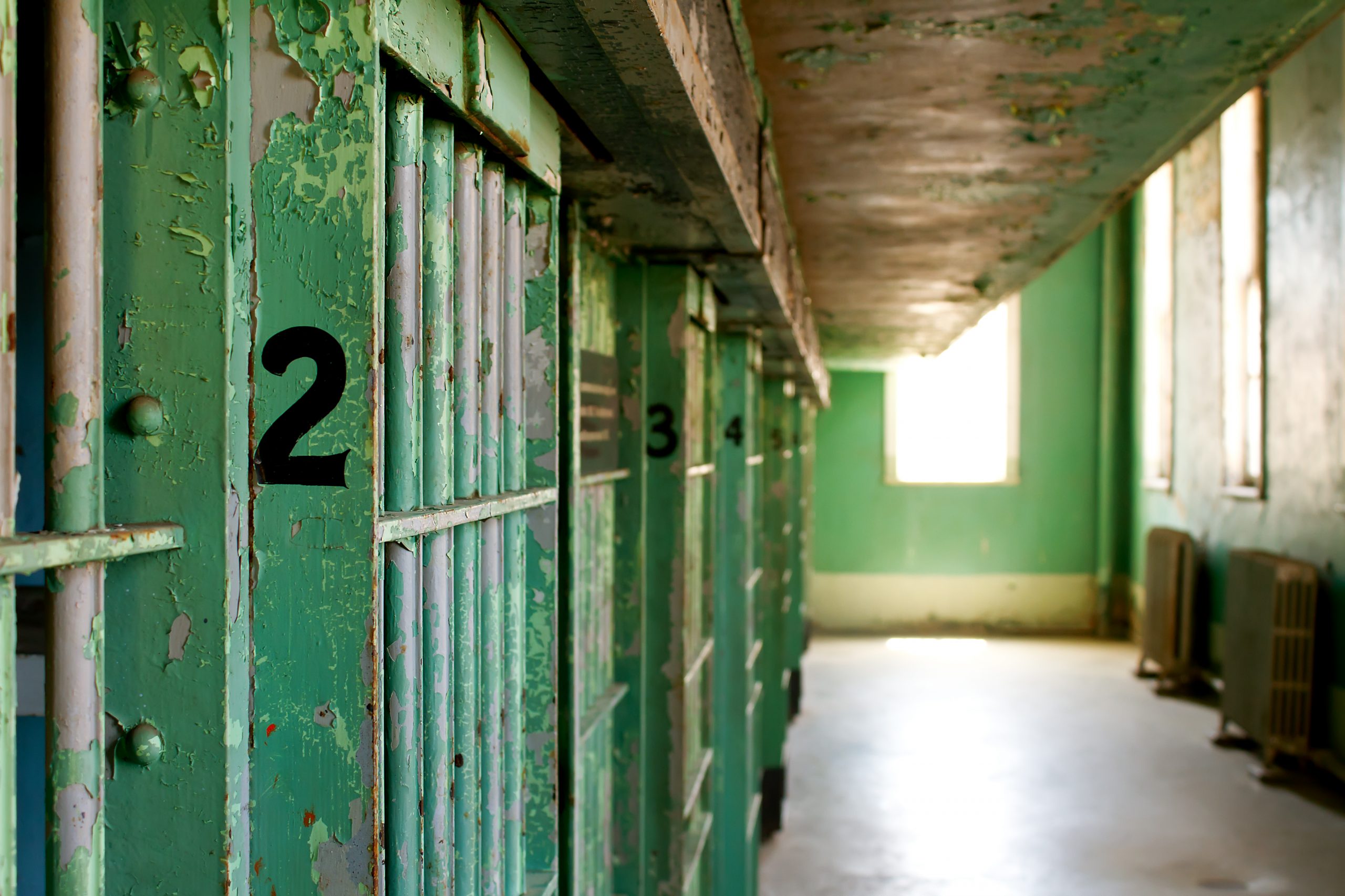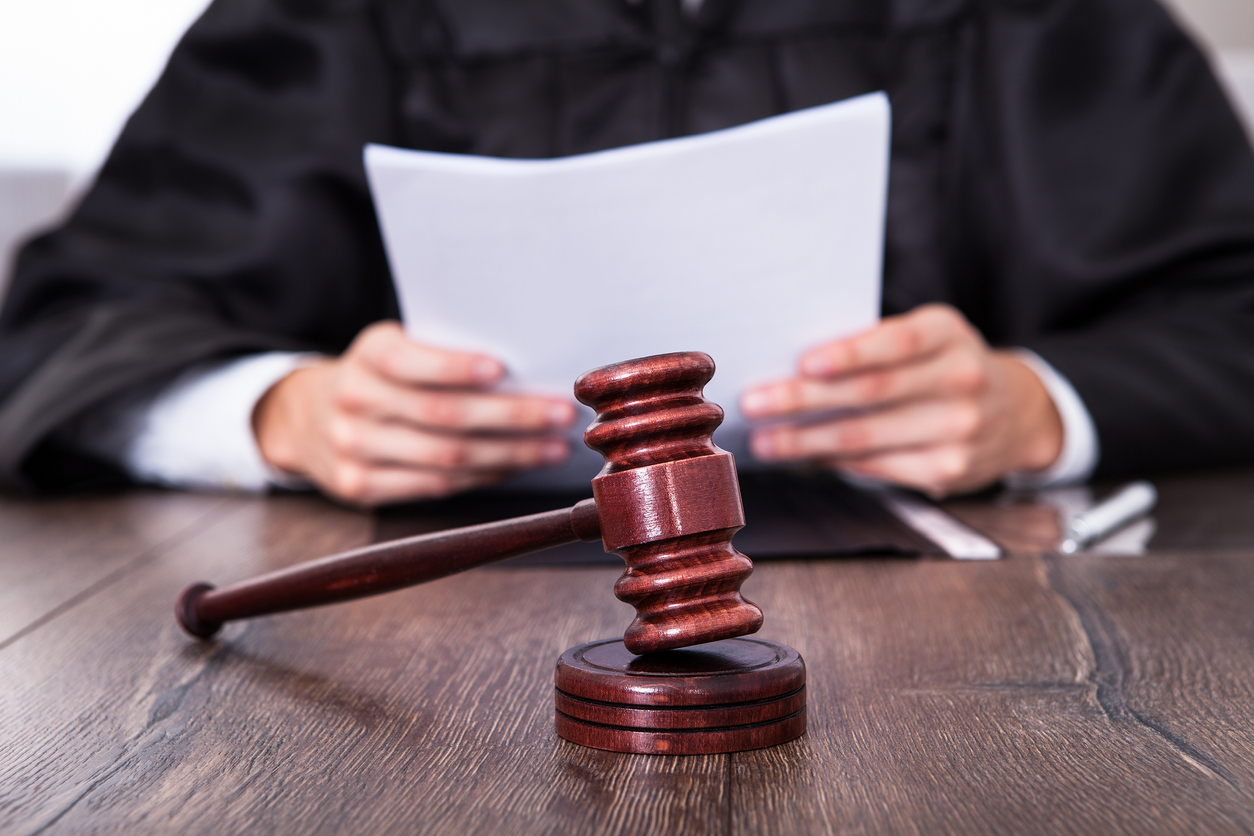Category: I’m Going to Prison
What Is The Difference Between State And Federal Courts?
If you’ve been charged with a crime, one of the first things you need to do is understand the difference between state and federal court.
READ MOREWhat Is The Post Conviction Relief Act And How Does It Help?
If you or a loved one has been convicted of a crime, you’ve probably heard about the Post Conviction Relief Act. But what is it?
READ MOREHow Do Officials Handle Detoxing In Prison?
More than two million people in U.S. prisons have opioid addictions. What are prisons and jails doing to help people detox?
READ MOREWhat Makes Evidence Inadmissible in Court?
In a criminal case, a party to the case can present evidence in the form of written documents, witnesses, photos and videos. When evidence is incompetent, prejudicial and irrelevant to the case a judge can disregard it. Such evidence is inadmissible in court and must be removed from the case.
READ MOREDid Compassionate Release Change During COVID-19?
COVID-19 has overwhelmed prisons across the country, but compassionate releases have been hard to come by in certain areas.
READ MOREHow Can You or a Loved One Apply for Clemency?
There are a lot of ways to try to get released earlier, but clemency is one that doesn’t involve a court or your prison making the decision.
READ MOREWhat are Mandatory Minimums in Sentencing?
If you’re convicted of certain crimes, you could face mandatory minimums. It’s important to understand these “one size fits all” sentences.
READ MOREWhat is Post Conviction Relief in a Criminal Case?
After a criminal conviction, you face sentencing and can appeal. But you can also file for post-conviction relief as well. Learn more here.
READ MOREShould I Fear Other Incarcerated People?
No. You should not “be afraid” of other incarcerated people. Violence and harassment do occur in jails and prisons, but fear will not protect you from either. Fear can actually make you a target. Fear of fear itself At his inauguration in 1933, Franklin Delano Roosevelt “First of all, let me assert my firm belief […]
READ MOREWhat are Three-Strikes Laws?
Three-strike laws are also known as “habitual offender laws.” They are federal and state laws that convict a repeat offender, with three felonies. This law can increase your prison time by many years or imprison you for life.
READ MORE